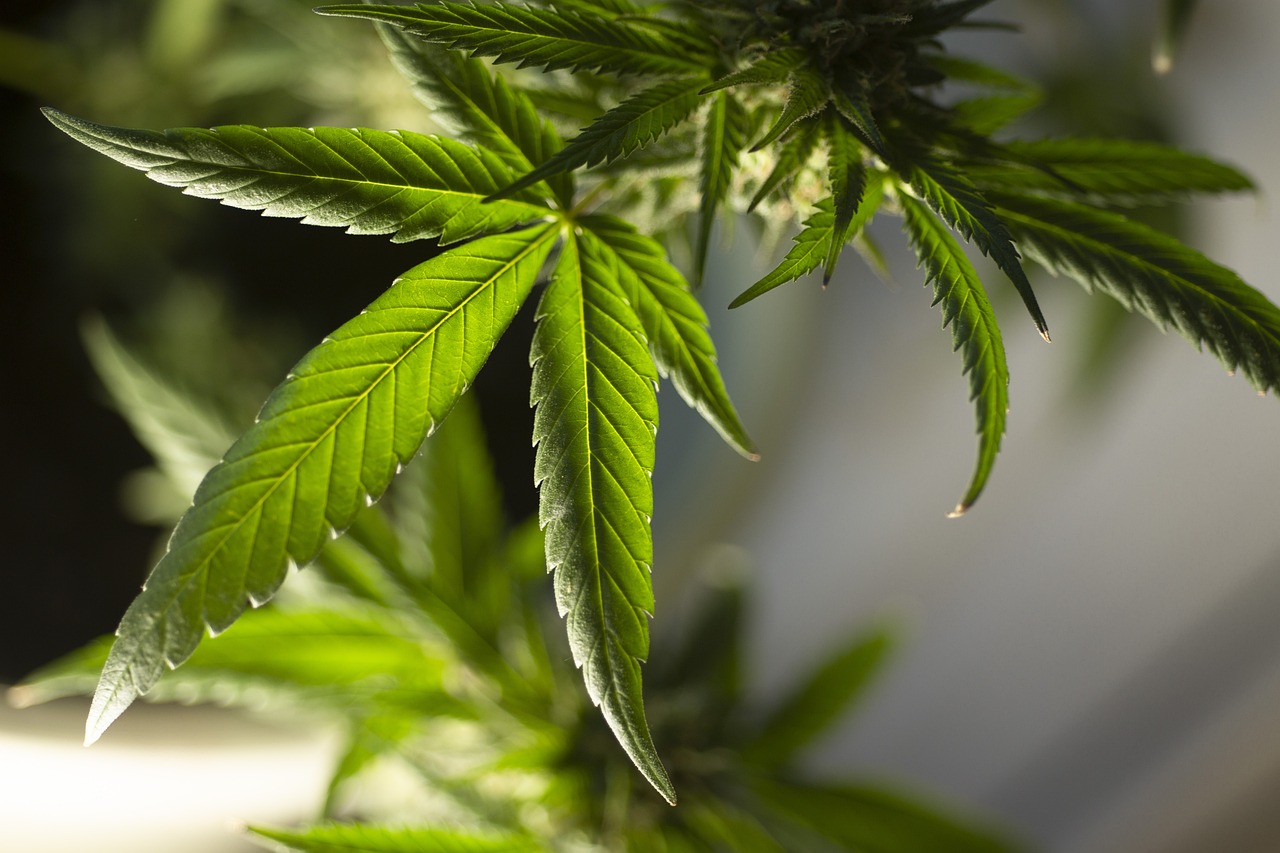
In recent years, the exploration of cannabis and its derivatives has expanded significantly, leading to a deeper understanding of its potential benefits in healthcare. One compound that has garnered attention is THCA, or tetrahydrocannabinolic acid. Unlike its more famous counterpart THC, THCA is non-psychoactive, making it an intriguing subject for medical research and applications.
Understanding THCA
THCA is a cannabinoid found in raw cannabis plants. It is the precursor to THC, which means it converts to THC when exposed to heat through a process called decarboxylation. This conversion is what typically leads to the psychoactive effects associated with cannabis. However, in its raw form, THCA flower for healthy habits does not produce these effects, allowing for potential therapeutic uses without the high.
Potential Health Benefits of THCA
Research into THCA is still in its early stages, but preliminary studies and anecdotal evidence suggest several potential health benefits:
- Anti-inflammatory Properties: THCA has shown promise in reducing inflammation, which could be beneficial for conditions like arthritis and lupus.
- Neuroprotective Effects: Some studies indicate that THCA may help protect brain cells, offering potential benefits for neurodegenerative diseases such as Alzheimer’s and Parkinson’s.
- Anti-emetic Properties: THCA may help reduce nausea and vomiting, making it a potential option for patients undergoing chemotherapy.
- Antioxidant Benefits: As an antioxidant, THCA could help in reducing oxidative stress, which is linked to various chronic diseases.
Innovative Applications in Healthcare
The non-psychoactive nature of THCA opens up a range of innovative applications in healthcare. Here are some areas where THCA flower is being explored:
Raw Cannabis Juicing
One of the most straightforward ways to consume THCA is through raw cannabis juicing. This method preserves the cannabinoid in its natural form, allowing patients to benefit from its properties without psychoactive effects. Juicing raw cannabis leaves and flowers can be incorporated into daily diets, providing a nutritional boost alongside potential therapeutic benefits.
Topical Applications
THCA-infused creams and balms are being developed for topical use. These products aim to harness the anti-inflammatory and analgesic properties of THCA to provide relief for localized pain and inflammation. Such applications are particularly appealing for patients seeking non-invasive treatment options for conditions like arthritis or muscle soreness.
Dietary Supplements
As interest in THCA grows, dietary supplements containing this cannabinoid are emerging. These supplements offer a convenient way to incorporate THCA into daily health routines. They are often marketed for their potential to support overall wellness, reduce inflammation, and provide neuroprotective benefits.
Case Studies and Research
While comprehensive clinical trials are still needed, several case studies and preliminary research findings highlight the potential of THCA in healthcare:
- Case Study on Epilepsy: A small-scale study involving patients with epilepsy showed that THCA could reduce seizure frequency. Participants reported fewer side effects compared to traditional anti-seizure medications.
- Research on Inflammation: A study published in the Journal of Pharmacology found that THCA reduced inflammation in animal models, suggesting potential applications for inflammatory diseases.
- Neuroprotection Research: Early research indicates that THCA may protect neurons from damage, offering hope for conditions like multiple sclerosis and Huntington’s disease.
Challenges and Considerations
Despite the promising potential of THCA, several challenges remain in its integration into mainstream healthcare:
- Regulatory Hurdles: The legal status of cannabis and its derivatives varies widely, impacting research and accessibility.
- Lack of Standardization: The cannabis industry lacks standardized dosing and quality control, which can affect the consistency and reliability of THCA products.
- Need for More Research: Comprehensive clinical trials are necessary to fully understand the therapeutic potential and safety profile of THCA.
Conclusion
The exploration of THCA flower in healthcare presents exciting possibilities. Its non-psychoactive nature and potential therapeutic benefits make it a promising candidate for various medical applications. From raw cannabis juicing to topical treatments and dietary supplements, THCA offers a range of innovative uses that could transform patient care. As research progresses and regulatory landscapes evolve, THCA may become a valuable tool in the healthcare arsenal, offering new hope for patients seeking alternative treatments.
